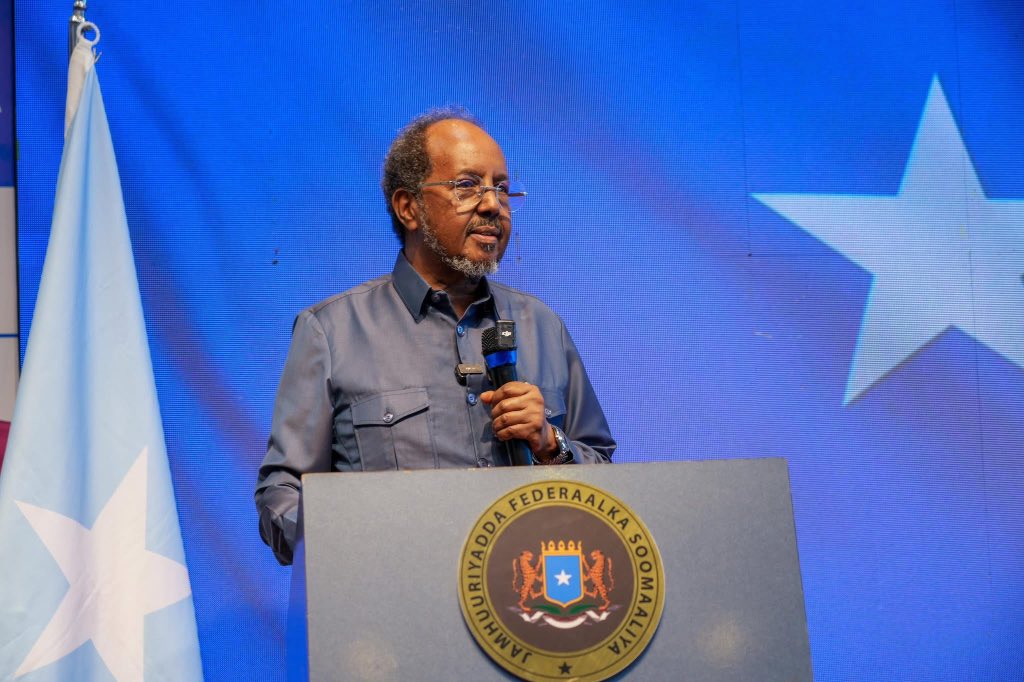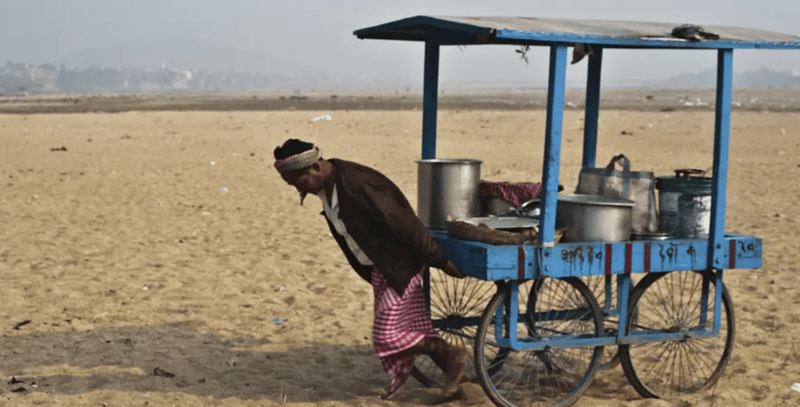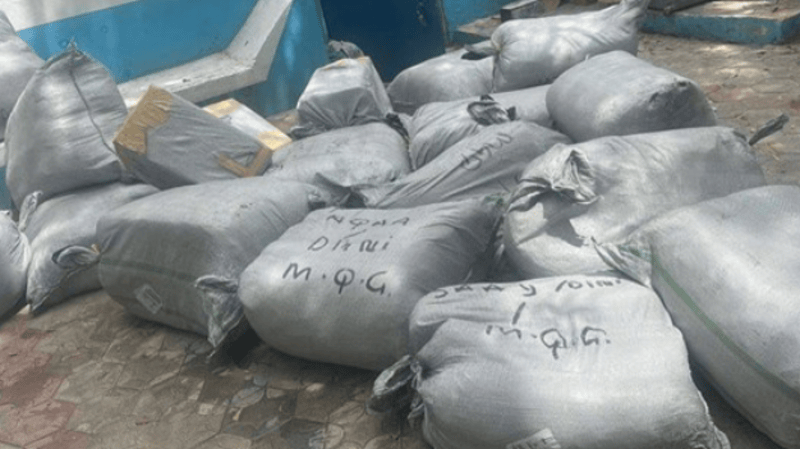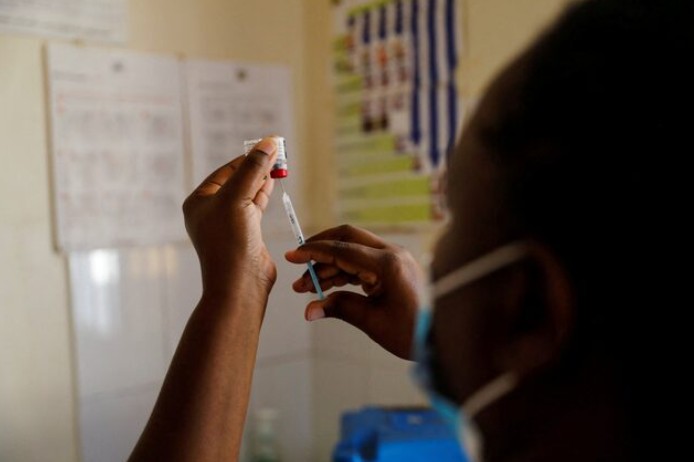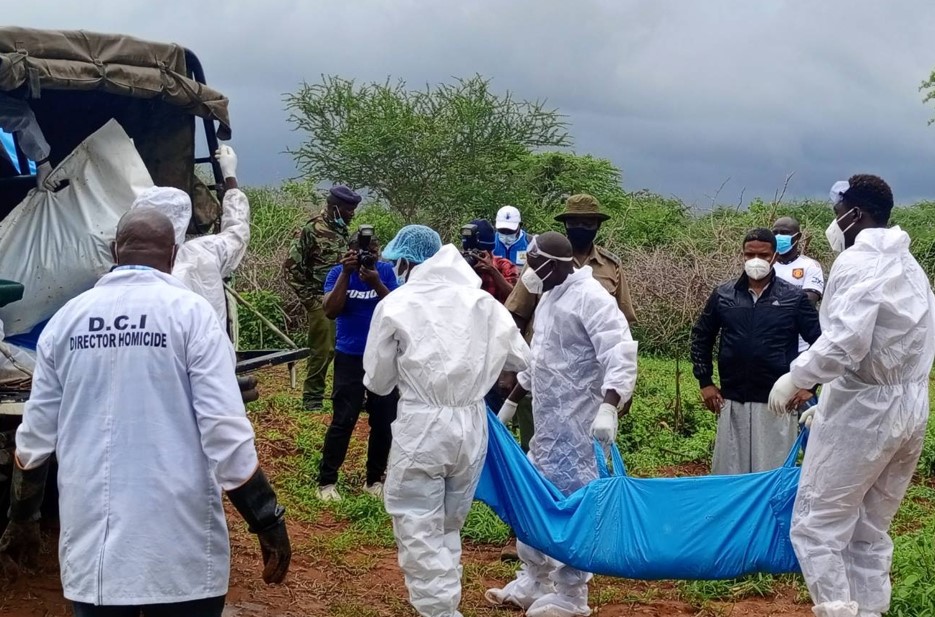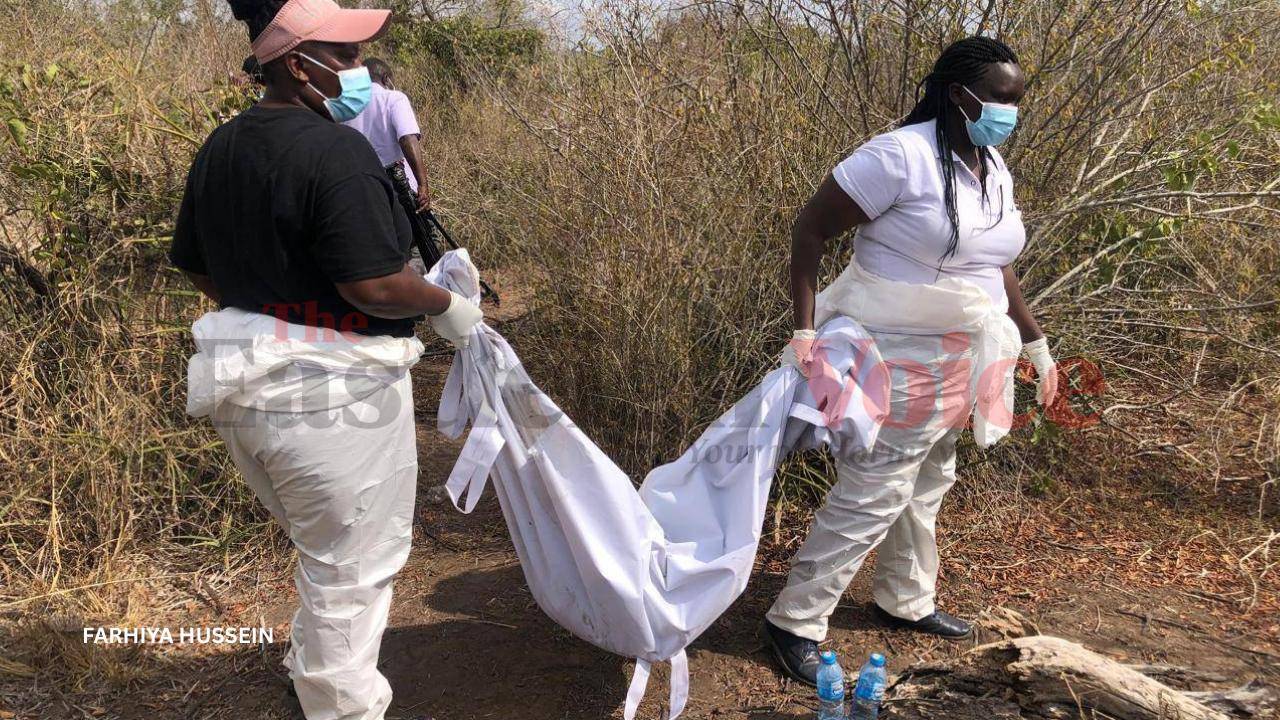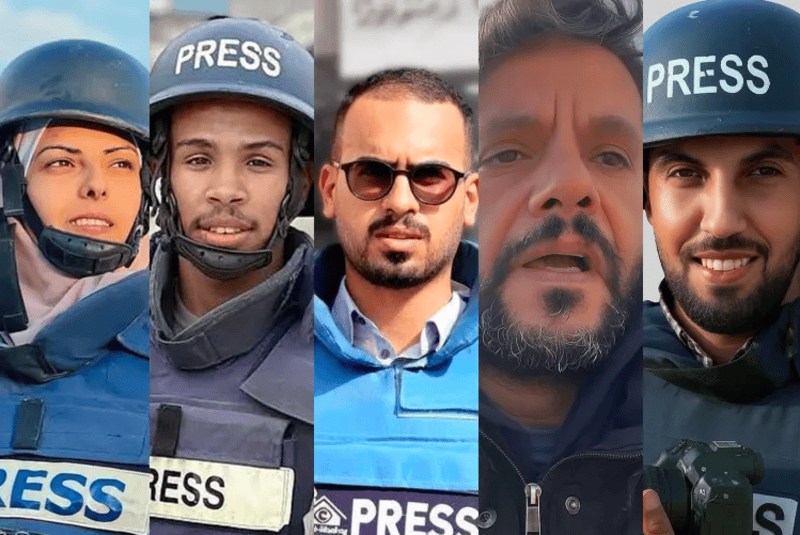Gaza update: Fleeing families just have ‘the clothes on their back’
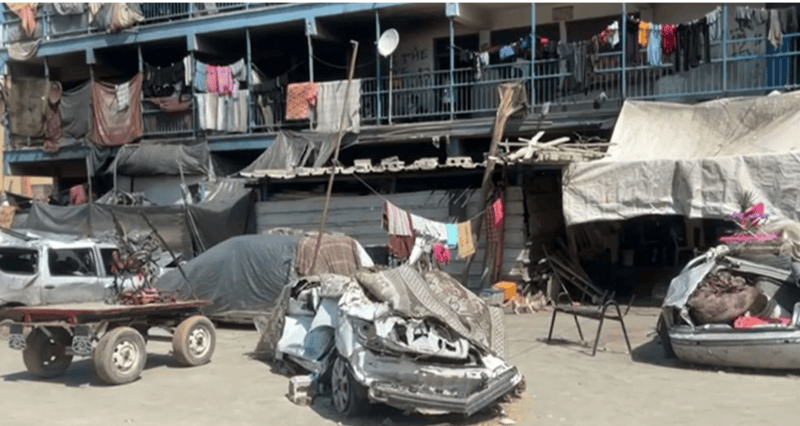
Wateridge said that, for almost 50 days, UN humanitarian missions have attempted to deliver supplies to northern Gaza, including besieged areas such as Jabalia, but access to those in desperate need has been extremely limited.
Families fleeing from besieged areas of northern Gaza are leaving homes and shelters with just the shirts on their backs, Louise Wateridge, Senior Emergency Coordinator for UNRWA, the UN agency for Palestinian refugees, told UN News on Saturday.
Speaking from an UNRWA school in Gaza City, which is in the north of the Strip, Wateridge said that, for almost 50 days, UN humanitarian missions have attempted to deliver supplies to northern Gaza, including besieged areas such as Jabalia, but access to those in desperate need has been extremely limited.
More To Read
- World marks UN day honouring victims of religion-based violence
- Antonio Guterres renews ceasefire appeal as Israel intensifies assault on Gaza
- One million women, girls in Gaza face mass starvation: UN agency
- Trapped in Gaza: Palestinians with disabilities cannot reach aid
- UN warns Gaza crisis could worsen without safe, unrestricted aid flow
- Hospitals overflowing in Gaza, as malnutrition surges
Louise Wateridge: I have heard absolutely horrific stories today, speaking to families who fled Jabalia for their lives. They say there was just nothing left. It was absolutely flattened. There was death around them. They ran out of food. They had no access to water.
They reached UNRWA schools like this one, searching for safety but, days after arriving, airstrikes which killed many of the people sheltering here. And we've seen six such incidents on UN school shelters.
Since this siege began, we have had this horrible situation where people are forced to flee for their lives from the besieged north; they come to Gaza City looking for safety, but the danger just keeps following them. Death and destruction are their shadows.
UN News: What is left in Gaza City?
Louise Wateridge: As far as the eye can see, every building is damaged and destroyed. You might see a stairwell riddled with bullet holes or an exposed living room hanging out of a third-floor apartment, signs that there was once life here.
Around 300,000 people are now in Gaza City and it's just rubble. That’s why people are forced to shelter in these UN facilities because there is just nowhere else to go.
With winter coming, people are trying to find some kind of cover and safety and protect themselves from the elements. They need tarpaulins, tents and shelter. They don't have blankets or mattresses. They are just out in the in the open.
UN News: How difficult is it to get aid in?
Louise Wateridge: For almost 50 days, access to besieged areas of north Gaza has either been denied or impeded. People have no access to food or water. We've heard people say they drank water from puddles to survive.
The eight UNRWA water wells in Jabalia are all damaged and destroyed. The hospitals have been hit on multiple occasions, and all of the UNRWA health clinics are out of medication.
Many humanitarian workers have been injured and killed themselves since the start of this war. Are they still at risk?
Louise Wateridge: Yes, every day. There is absolutely nowhere safe in Gaza.
247 UNRWA colleagues have been killed in this war. Time and time again, day in and day out, our colleagues and their families are being injured and killed.
Every day my team and I wake up, the first thing we do is text each other to make sure everybody made it through another night.
For some weeks, we have had colleagues scattered across the Gaza Strip. Sometimes you lose contact with each other for days, if not weeks on end, and we don't know how they are.
Sometimes we find out our colleagues have been killed and we haven't known for a few days. Sometimes they come back online. It’s desperate.
Multiple United Nations convoys have been shot at. I was in a convoy in July that was shot at delivering supplies to northern Gaza.
It's becoming more dangerous and more difficult for humanitarians to do their jobs by the day.
Top Stories Today

